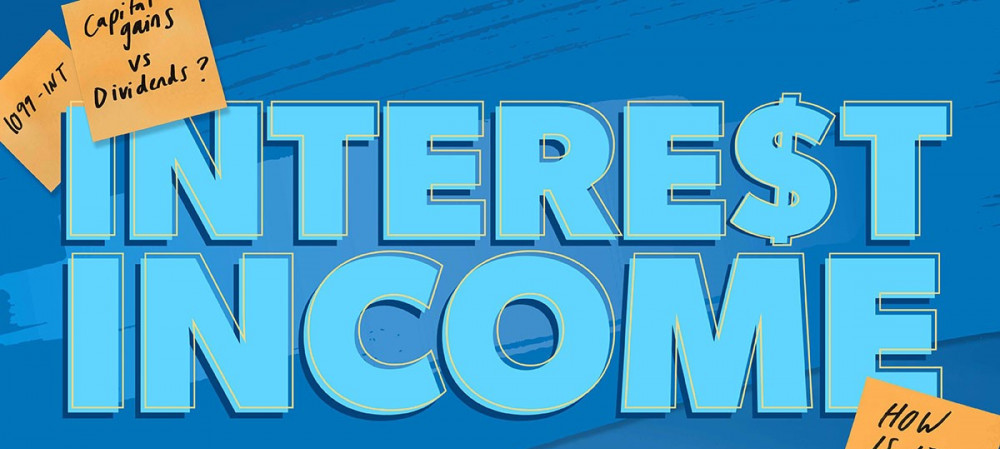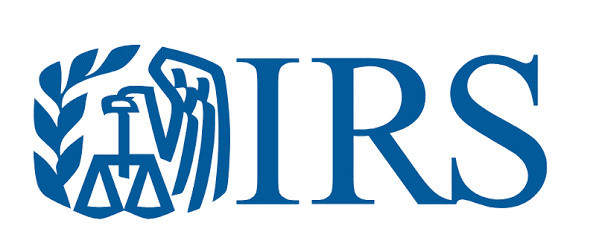How Is Interest Income Taxed?

Interest income is tax-free. This means the interest earned on savings accounts, CDs, checking accounts and other interest-bearing investments are not subject to taxes. It also applies to most retirement plans like IRAs, 401(k)s, and 403(b) plans. As for your investment account, even if you are taxed on your income, you will be exempt from paying taxes on the interest income in your account as long as it was earned from a bank or financial institution. Some exceptions do apply though.
What is interest income?
Interest income is how much money you make from investing in a bank or financial institution. You earn interest on your investment account when you receive interest payments from the bank or financial institution.
To understand how to figure out if your business is earning interest on investments, it’s helpful to understand what the IRS defines as interest income. Interest is also sometimes referred to as earnings and dividends, depending on which tax code you’re under.
So, what types of interests are taxable? Here are some examples:
- i) Principal and interest that you receive from a savings account at an insured bank or credit union.
- ii) Interest on certificates of deposit, especially those issued by banks or credit unions.
- iii) Interest in money market accounts.
- iv) Interest earned by mutual funds.
- v) Earned dividends.
- vi) Realty Trust Preferred Stock Interest.
vii) Investment management fees (fees generated from managing investments like stocks and bonds).
Tax-free interest rates
This can be a huge advantage to small businesses because they don’t have to pay taxes on the interest rates charged on their savings accounts and other interest-bearing investments. When you’re just starting and your business isn’t generating much revenue, it can make sense for you to invest in a bank or financial institution savings account.
If you’re still new to the digital marketing world or want to stay in the process of growing your business, you may want to consider investing in a savings account at an online bank. However, if you’re already invested in an online investment account, there’s no reason why you shouldn’t also invest in a bank or financial institution savings account. For example: If you plan to start a side business and aren’t sure how much money will be needed besides what you’re already earning from your primary company, it makes sense for you to invest some money into a bank or financial institution savings account early on so that when that time comes, it’s easy for your business and its future growth is more certain than ever before.
This post contains affiliate links. Please please read my Disclaimer for more information.

How to calculate taxed versus non-taxed interest
Savings accounts, CDs, and other interest-bearing investments usually have a default amount of interest that you can earn. This amount is usually based on the balance in your account. If this balance changes, your interest income will change as well.
But what if you don’t have any money in your investment account? Are you supposed to pay taxes on the interest you earned? Well, not exactly… but probably …
The IRS allows you to deduct various types of interest from your taxable income (money you earn from working or investing) if certain conditions are met. You need to be careful though as some conditions may apply for several different reasons.
First, it’s important to understand what qualifies as “interest” under the IRS guidelines.
To determine how much is “interest”, use these three factors:
- 1) The length of time between when you receive the cash and when you earn a return. For example, if you received payment over one day and earned a regular interest payment on that day, then it would qualify as “interest”.
- 2) The period specified by law (e.g., 12 months or 1 year).
- 3) Your method of earning the return (e.g., recurring payments).
Interest paid for debt or loan
Interest paid to credit card companies, payday lenders, and other debt-relief programs can be tax-free. The same goes for interest paid on loans secured by your property. So if you are paying off a mortgage or getting ready to sell your house to settle some debt, this could all be tax-free.
Other forms of interest income include the money you pay on a home equity loan, the money you get when you have an inheritance or the money that someone has left over after paying off their student loans.
How does the IRS tax-exempt interest income?
The IRS recognizes the interest earned on savings accounts, CDs, checking accounts, and other interest-bearing investments. The difference is how you pay taxes on the interest income in your account.
The first thing to know is that tax-free money doesn’t go away. It simply means you don’t pay taxes on it as long as it’s being used for investment purposes.
How does this work? When a savings account earns interest, that money isn’t taxed until it’s withdrawn from the account or invested in an exchange-traded fund (ETF). Once you withdraw your money from an IRA or CD, if it’s more than $1,000 ($2,000 if you’re married and filing separately), then the IRS will tax that money at 0%. This means that even if your IRA or CD earns 10% over a year and only 0% because of your tax exemption!

Conclusion
Examples of how interest income is taxed
The IRS imposes a maximum tax on interest income of 15%, but there are various ways that you can lower the tax on interest income. For instance, you can be taxed only on the first $10,000 of interest income. You can also take deductions for taxes paid and other taxes like federal unemployment insurance (FUTA) and FICA taxes. It’s even possible to take a deduction for capital losses if they exceed a certain threshold.
It is important to keep in mind if you’re hoping to reduce your tax liability because it affects how much money you’ll receive from your IRA or 401(k) each year.
“If you have any feedback about how is interest income taxed that you have tried out or any questions about the ones that I have recommended, please leave your comments below!”
NB: The purpose of this website is to provide a general understanding of personal finance, basic financial concepts, and information. It’s not intended to advise on tax, insurance, investment, or any product and service. Since each of us has our own unique situation, you should have all the appropriate information to understand and make the right decision to fit with your needs and your financial goals. I hope that you will succeed in building your financial future.


